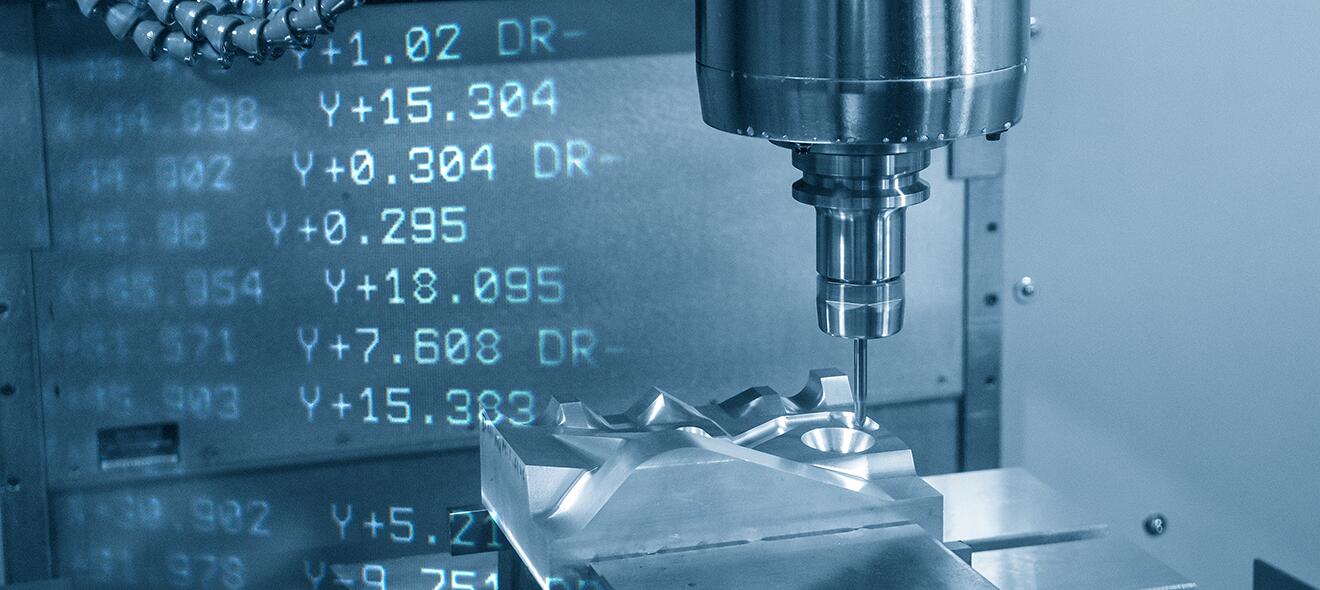If the CNC manufacturing industry is to grow as projected, the sector needs to overcome the challenges that might prevent this growth. Below we have outlined what some of these challenges are and what manufacturers can do about them going forward.
Sustainability
To meet the Government’s pledge of becoming Net Zero by 2050, all manufacturers need to make sustainable changes.
Many will have already started to install solar panels or using wind power, but some find this doesn’t provide enough to meet the pledge and this is where the real challenge lies. So what can manufacturers do in addition to these initiatives?
To save wasted material, manufacturers can move to working with near-net shapes. This means they are working with the minimum amount of material possible. Caution must be taken here though due to the little margin of error involved. To meet the tight tolerances required, manufacturers should look to introduce automated part location or pre-machining condition of supply checks to their process.
Automating the machine shop floor is significant to improving sustainability for manufacturers. By automating areas such as part or probe setup, machines will not be sitting idle for long periods of time, saving on wasted energy. It also enables machines to run lights-out, 24/7, maximising the productivity of each machine and reducing the likelihood of needing to invest in more machines.
Supply Chain
Supply chain disruption has made it difficult for manufacturers worldwide to meet strict production and delivery schedules.
In particular, delays in raw material deliveries can have a significant impact on manufacturer’s production. To manage these delays, manufacturers may need to switch suppliers, but moving from a trusted supplier can be concerning. To overcome this, tools should be introduced that verify the material’s condition of supply to ensure the material can produce a part to tolerance; giving you the confidence the switch in suppliers will not have a detrimental effect on your parts.
Staff shortages
Staff shortages on the shop floor can also challenge strict production schedules, especially for manufacturers with many procedures. Shortages can lead to machines being left idle and parts waiting to be machined / pushed through final inspection.
To overcome this, the automation of manual tasks is key. If processes such as probe setup, probe calibration and part alignment are automated, machines can be run 24/7, lights-out. They can be run outside of conventional shift patterns with minimal input from operators, so even during periods of high operator absence, production rates will be kept stable.
Technological advances
As the CNC manufacturing sector moves towards more automation, Industry 4.0 and digital ways of working, some traditional manufacturers might find it challenging to keep up or know where to start when it comes to their own processes. But if they fail to make at least some technological advances, they may struggle to win contracts and, potentially, lose existing ones.
The key here is to slowly introduce new technology after doing extensive research into what is best for each process. Automation doesn’t always mean replacing existing equipment or processes. Rather, targeted investments in smart technology – such as automated probe calibration and part setup tools – can work with current systems to remove outdated processes and improve production efficiency.
Next steps
MSP deliver automated part process solutions that help manufacturers navigate these challenges facing the sector and make practical advances in production efficiency. To find out more about its manufacturing automation and metrology solutions, call the team on +44 (0)1665 608193 or email info@mspltd.com.
